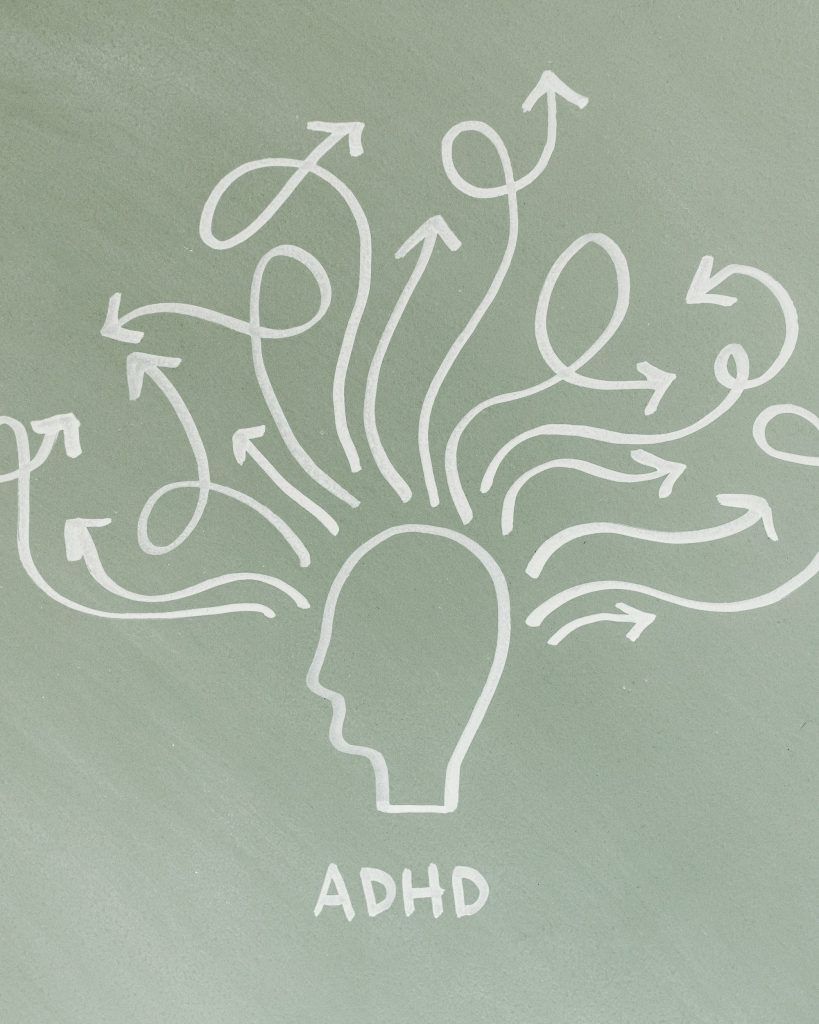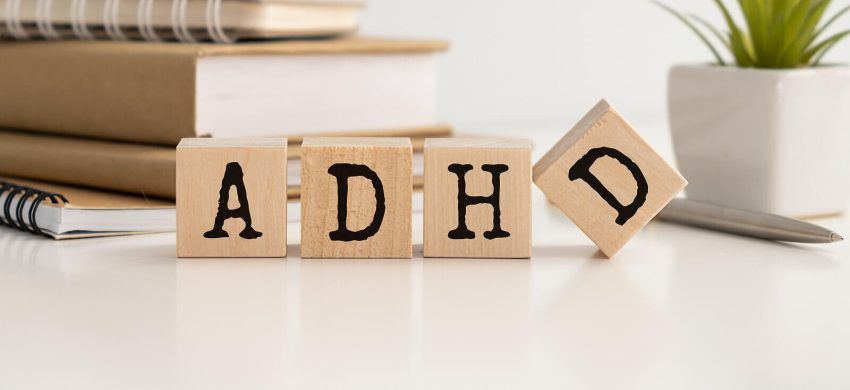How to Manage ADHD Naturally
Introduction

Attention Deficit Hyperactivity Disorder (ADHD) is a neurodevelopmental disorder characterized by symptoms of inattention, hyperactivity, and impulsivity. While medication is a common treatment for ADHD, many individuals and parents seek natural approaches to manage the symptoms. This article takes a look at various natural strategies that can help manage ADHD, directing the focus on dietary modifications, lifestyle changes, behavioral techniques, and holistic therapies.
Understanding ADHD
Before diving into natural management strategies, it’s important to understand what ADHD is and its common symptoms:
- Inattention: strenuousness sustaining attention, following through on tasks, organizing activities, and avoiding distractions.
- Hyperactivity: Uncontrolled fidgeting, struggling staying seated, restlessness, and talking excessively.
- Impulsivity: Interrupting others, difficulty waiting for one’s turn, and making hasty decisions without considering consequences.
ADHD affects both children and adults, and its extremity can vary. The goal of natural management strategies is to reduce symptoms and improve daily functioning.
Natural Strategies for Managing ADHD
- Dietary Modifications: Nutrition plays a crucial role in managing ADHD symptoms. Certain dietary changes can help improve focus, attention, and overall brain health.
- Balanced Diet: Ensure a balanced diet rich in proteins, complex carbohydrates, and healthy fats. Proteins (found in lean meats, beans, and nuts) can help regulate blood sugar levels and improve concentration. Complex carbohydrates (like whole grains and vegetables) provide steady energy and support brain function.
- Omega-3 Fatty Acids: Omega-3 fatty acids, found in fatty fish (such as salmon and mackerel), flaxseeds, and walnuts, are essential for brain health. Studies suggest that omega-3s can improve cognitive function and reduce ADHD symptoms.
- Avoid Food Additives: Some studies indicate that artificial food colorings, preservatives, and additives can exacerbate ADHD symptoms. Avoid processed foods and opt for whole, natural foods.
- Reduce Sugar Intake: High sugar consumption can lead to blood sugar spikes and crashes, affecting behavior and attention. Limit sugary snacks and beverages.
- Lifestyle Changes: Making specific lifestyle changes can significantly impact the management of ADHD symptoms.
- Regular Exercise: Physical activity helps reduce hyperactivity and improve concentration. Encourage activities that your child enjoys, such as swimming, cycling, or team sports. For adults, regular exercise routines like jogging, yoga, or dancing can be beneficial.
- Consistent Routine: Establishing a daily routine helps individuals with ADHD manage their time and tasks better. Consistent sleep schedules, meal times, and study periods create structure and predictability.
- Adequate Sleep: Sleep is crucial for brain function and emotional regulation. Ensure that individuals with ADHD get enough sleep each night. Create a calming bedtime routine and reduce screen time before bed to improve sleep quality.
- Behavioral Techniques: Behavioral interventions can help manage ADHD symptoms by teaching coping skills and promoting positive behaviors.
- Behavioral Therapy: Cognitive-behavioral therapy (CBT) can help individuals with ADHD develop skills to manage inattention, impulsivity, and hyperactivity. CBT focuses on changing negative thought patterns and behaviors.
- Positive Reinforcement: Use positive reinforcement to encourage desired behaviors. Rewarding efforts and achievements can motivate individuals with ADHD to stay on task and follow through with responsibilities.
- Mindfulness Practices: Mindfulness techniques, such as meditation and deep breathing exercises, can improve focus and reduce stress. These practices teach individuals to stay present and manage their impulses.
- Holistic Therapies: Various holistic therapies can complement traditional treatments and offer additional benefits for managing ADHD.
- Herbal Supplements: Some herbs, such as ginkgo biloba, valerian root, and St. John’s wort, are believed to help with ADHD symptoms. However, it is essential to consult with a healthcare provider before using any herbal supplements, as they can interact with medications and have side effects.
- Essential Oils: Aromatherapy using essential oils like lavender, vetiver, and rosemary can promote relaxation and improve concentration. Diffusing these oils or applying them topically can provide calming effects.
- Acupuncture: Acupuncture, an ancient Chinese therapy, involves inserting thin needles into specific points on the body. Some studies suggest that acupuncture can help reduce ADHD symptoms by improving energy flow and reducing stress.
- Educational Support: Ensuring that individuals with ADHD receive appropriate educational support can enhance their learning experience and academic performance.
- Individualized Education Plans (IEPs): For children with ADHD, working with educators to develop an IEP can provide tailored support and accommodations to meet their specific needs.
- Tutoring and Academic Coaching: Additional tutoring or academic coaching can help students with ADHD stay on track with their studies and develop effective study habits.
- Parental and Family Involvement: Parental and family involvement is crucial in managing ADHD, especially for children.
- Parent Training Programs: These programs can help parents learn strategies to manage their child’s behavior, improve communication, and create a supportive home environment.
- Family Therapy: Family therapy can address any stress or conflicts related to ADHD and promote a cohesive and understanding family dynamic.
- Technology Aids: Utilizing technology can assist individuals with ADHD in organizing tasks and managing time.
- Apps and Tools: Various apps and digital tools are designed to help with time management, task organization, and reminders. These tools can be beneficial for both children and adults with ADHD.
Managing ADHD naturally involves a multi-faceted approach that includes dietary modifications, lifestyle changes, behavioral techniques, holistic therapies, and educational support. By incorporating these strategies, individuals with ADHD can improve their focus, reduce symptoms, and increase their overall quality of life. It’s essential to remember that each person with ADHD is unique, and what works for one individual may not work for another. Therefore, a personalized approach, possibly in conjunction with conventional treatments, is often the most effective way to manage ADHD. Always consult with a healthcare provider before making significant changes to your treatment plan or introducing new therapies.
